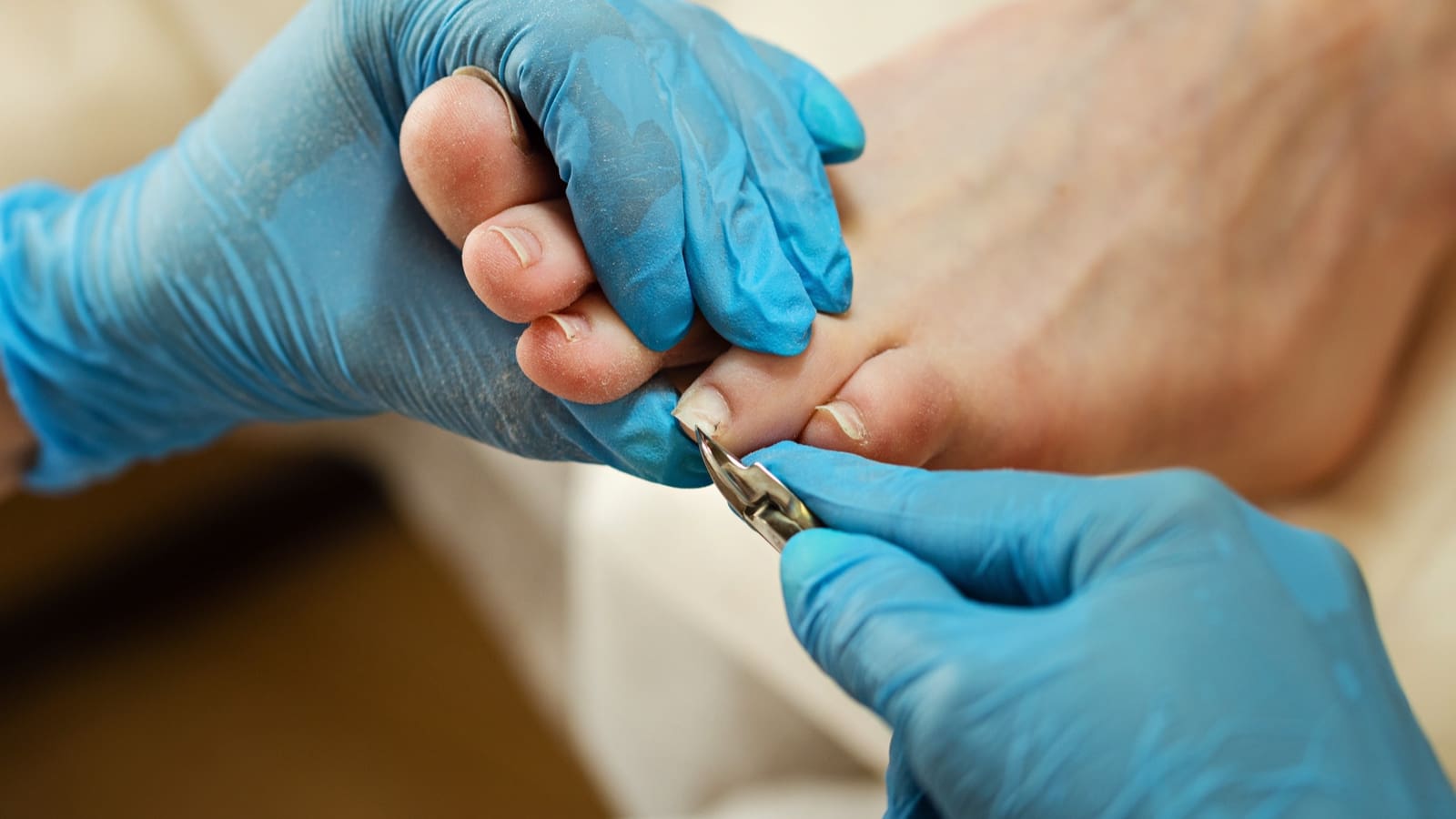Join The Nantwich Clinic Club to keep up to date with news and offers!
Sign Up
The Greek physician Hippocrates (460-370 BC) also wrote about the treatment of foot disorders. In his book “On Regimen,” Hippocrates described how to treat corns, calluses, and other common foot problems. He also emphasized the importance of good foot hygiene, and he recommended that people wash their feet regularly and wear comfortable shoes. As humanity moved into the Middle Ages, foot care was largely the domain of barber-surgeons. These practitioners performed a variety of medical procedures, including bloodletting, tooth extraction, and the treatment of foot disorders. However, there was no formal training or certification for barber-surgeons, and their skills and knowledge varied widely. In the 18th and 19th centuries, there started to be a growing demand for specialized foot care. This was due in part to the rise of industrialization, which led to an increase in the number of people who worked long hours on their feet. As a result, a number of schools and colleges began to offer training in chiropody, the precursor to podiatry.
Podiatry really started to become popular in the UK in the 19th century. It can be traced back as far as 1814, when Lewis Durlacher was appointed as Surgeon-Chiropodist to the Medical Department of the Royal Household of King George IV, King William IV, and Queen Victoria. Durlacher was a pioneer in the field of podiatry, and he is credited with introducing many new techniques and treatments. He also wrote a number of books on the subject, including A Treatise on Corns, Bunions, the Diseases of Nails and the General Management of the Feet.
In the late 19th and early 20th centuries, podiatry was becoming a rapidly growing interest. A number of professional societies were formed, and in 1912, the first British journal of podiatry was published. In 1919, the London Foot Hospital was established, and this provided a much-needed training ground for podiatrists.
The development of podiatry in the UK was further accelerated by the First World War, with many soldiers suffering from foot injuries which led to a greater demand for podiatric services. After the war, the government recognized the importance of podiatry, and in 1921, the Chiropodists Act was passed. This act established a register of qualified chiropodists, and it also set standards for training and practice.
In the following decades, podiatry continued to grow in popularity. In 1945, the Society of Chiropodists was formed, and this organization played a leading role in the development of the profession. In 1960, the Professions Supplementary to Medicine Act was passed. This act gave statutory recognition to podiatry, and it also established the Chiropodists Board.
The 1970s and 1980s saw a further expansion of podiatry with the first undergraduate degree in podiatry being established in 1975, leading to a more rigorous and structured training program. In 1985, the Chiropodists Act was repealed, and the term “chiropodist” was replaced with “podiatrist.” This change reflected the growing international recognition of podiatry, and it also helped to raise the status of the profession.
Today, podiatry is a well-established and respected profession in the UK. There are over 12,000 podiatrists in the UK (including ourselves), and they provide a wide range of services, including the diagnosis and treatment of foot problems, the fitting of orthotics, and the provision of foot care advice. Podiatrists play an important role in the healthcare system, and they help to improve the quality of life for millions of people.

The role of podiatrists like our team has changed significantly over the past few decades. In the early days, podiatrists were primarily concerned with the treatment of foot problems such as corns, bunions, and ingrown toenails. However, as the profession has evolved, podiatrists have taken on a broader range of responsibilities.
Today, podiatrists are involved in a wide range of activities, including:
Podiatrists also play an important role in the healthcare system and are also involved in research and education, helping to train the next generation of podiatrists.

The future of podiatry in the UK looks bright. The profession is growing in popularity, and there is a ever increasing demand for podiatric services. Podiatrists are also playing an increasingly important role in the healthcare system.
As the population ages, the demand for podiatric services is likely to increase. This is because older people are more likely to have foot problems, and they are also more likely to be at risk of developing diabetes-related foot problems.
In addition, podiatrists are also likely to play a greater role in the prevention of foot injuries as a specialised area. This is because foot injuries are a major cause of lost productivity, and they can also lead to serious health problems.

The history of podiatry in the UK is a long and distinguished one. Podiatrists have played an important role in the prevention, diagnosis, and treatment of foot and lower limb conditions for centuries. As the profession continues to evolve, podiatrists will be even better equipped to meet the needs of patients in the years to come.
To find out more about the range of podiatry services that we offer, or to speak to our team about any concerns related to the feet, contact our team via our live chat system or call us on 01270 627118.
Whether it’s a quick question that you need to ask, or you would like to book an appointment with us, we want to hear from you. Simply click the button below to get started or contact us on 01270 627118.
